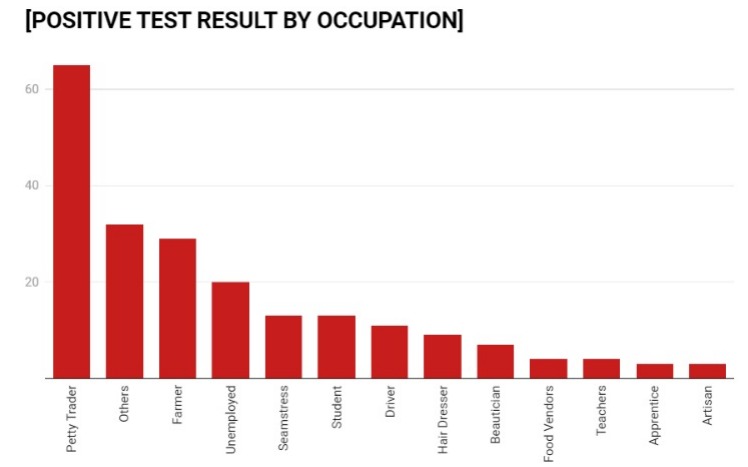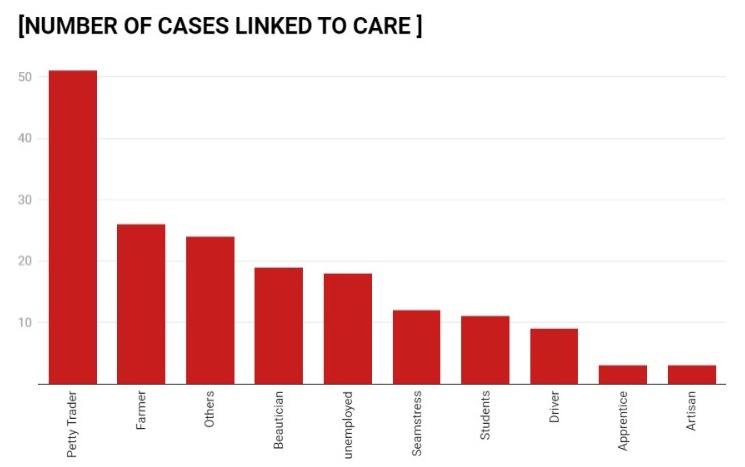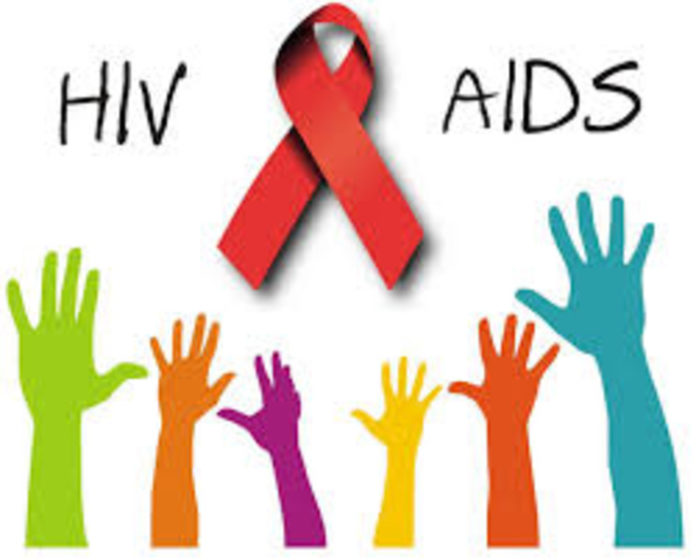Since the first cases were reported in the early 1980s, Ghana has been grappling with the impact of HIV/AIDS on its population.
Over the years, significant strides have been made in raising awareness, expanding access to treatment, and combating stigma. However, challenges persist, particularly in addressing the needs of different occupational groups affected by the virus.
In a groundbreaking development, the Ghana HIV and AIDS Network (GHANET) revealed that petty traders recorded the highest number of HIV positive cases in 2023, following the implementation of an innovative HIV self-testing Pilot Initiative.
Operating under the auspices of the National AIDS/STI Control Programme (NACP), Ghana Health Service (GHS), and Ministry of Health (MOH), GHANET spearheaded this initiative, aiming to revolutionize HIV testing accessibility and identify high-risk populations.
The initiative, launched in July under the leadership of then Health Minister Kwaku Agyeman-Manu, received widespread acceptance for its proactive approach to combating the HIV/AIDS epidemic. With an initial allocation of 140,000 testing kits from the National AIDS Control Programme (NACP), GHANET embarked on a targeted distribution strategy.
Trained Community Based Organization (CBO) volunteers played a pivotal role in distributing 123,088 kits in local communities within the informal sector, while an additional 16,912 kits were earmarked for public event distribution.
The distribution of testing kits spanned across over 50 different occupational categories, with students, petty traders, farmers, and other unidentified occupations emerging as primary recipients. Notably, petty traders received 20,390 testing kits, reflecting the vulnerability of this demographic to HIV transmission.

Following the distribution phase, the utilization of testing kits shed light on the prevalence of HIV across various occupations.
Out of the 239 confirmed positive cases, petty traders accounted for a staggering 27.2%, underscoring the urgent need for targeted interventions within the informal sector.
Farmers and individuals with unidentified occupations followed with 12.1% and 13% positive cases, respectively.
Furthermore, the successful linkage of 202 positive cases to medical care underscores the importance of timely intervention and treatment access.
Among the positive cases linked to care, petty traders constituted 25%, reaffirming the critical role of healthcare provision within vulnerable occupational groups.

Despite the challenges posed by the high prevalence of HIV among petty traders, GHANET remains steadfast in its commitment to consolidating the gains achieved through the Pilot Initiative.
Recognizing the significance of linking previously unidentified cases to treatment, GHANET emphasizes the importance of engaging more stakeholders and extending coverage to all parts of the country.
Moreover, the HIV self-testing Pilot Initiative in Ghana has not only unveiled a startling trend but also highlighted the importance of proactive testing and timely intervention in combating the HIV/AIDS epidemic.
By building upon these findings and implementing targeted interventions, Ghana stands poised to make significant strides towards achieving its public health goals.
ALSO READ:

